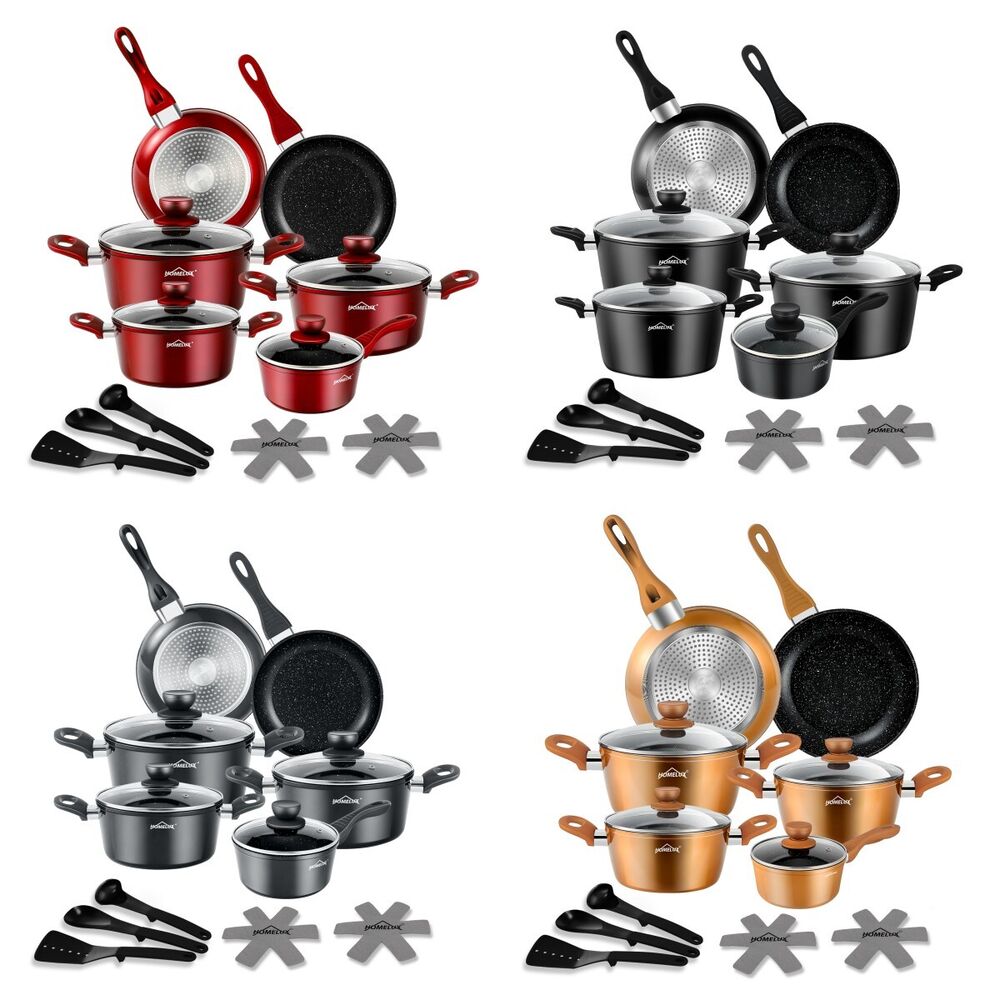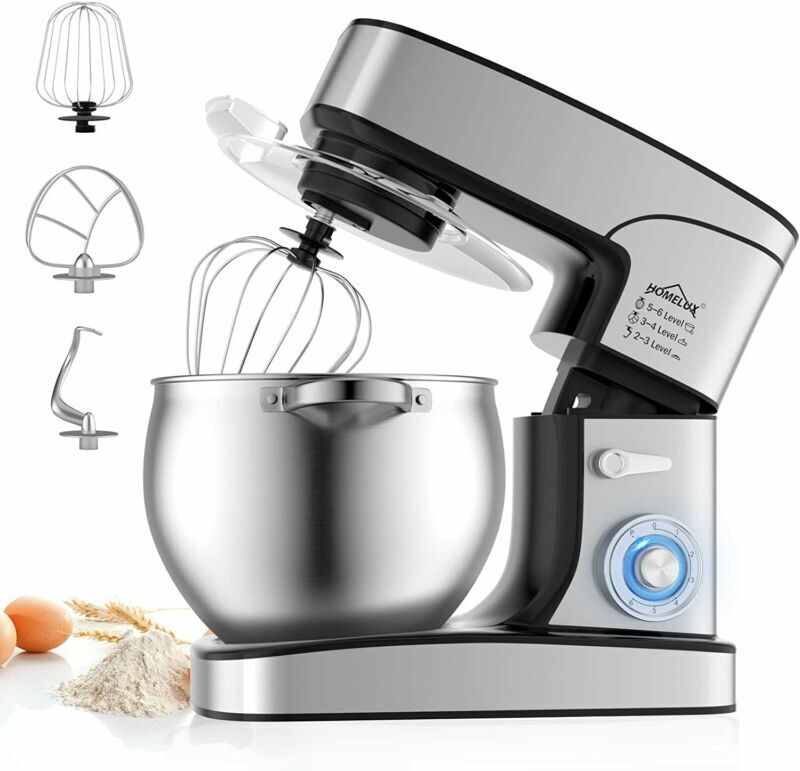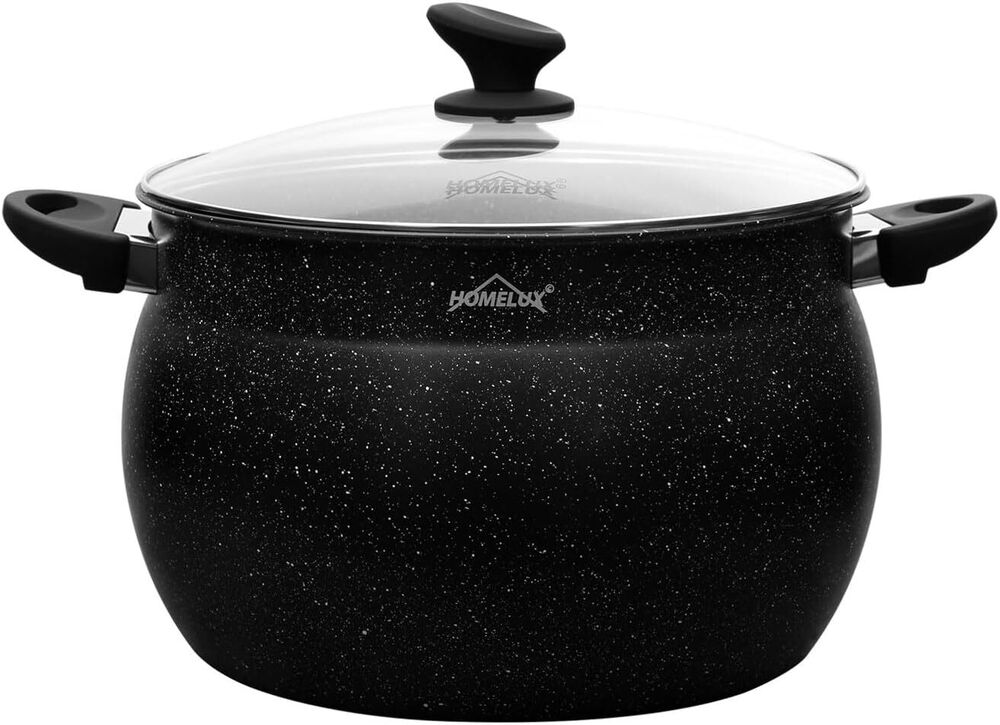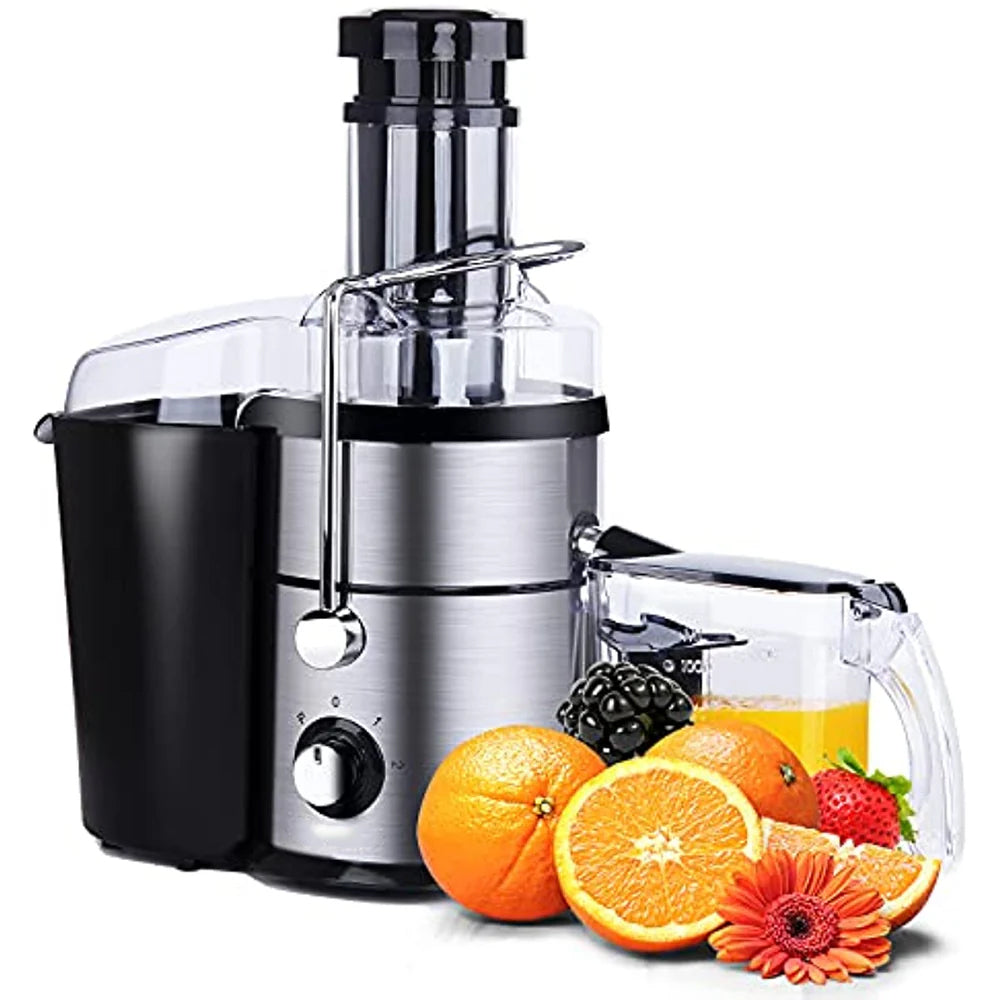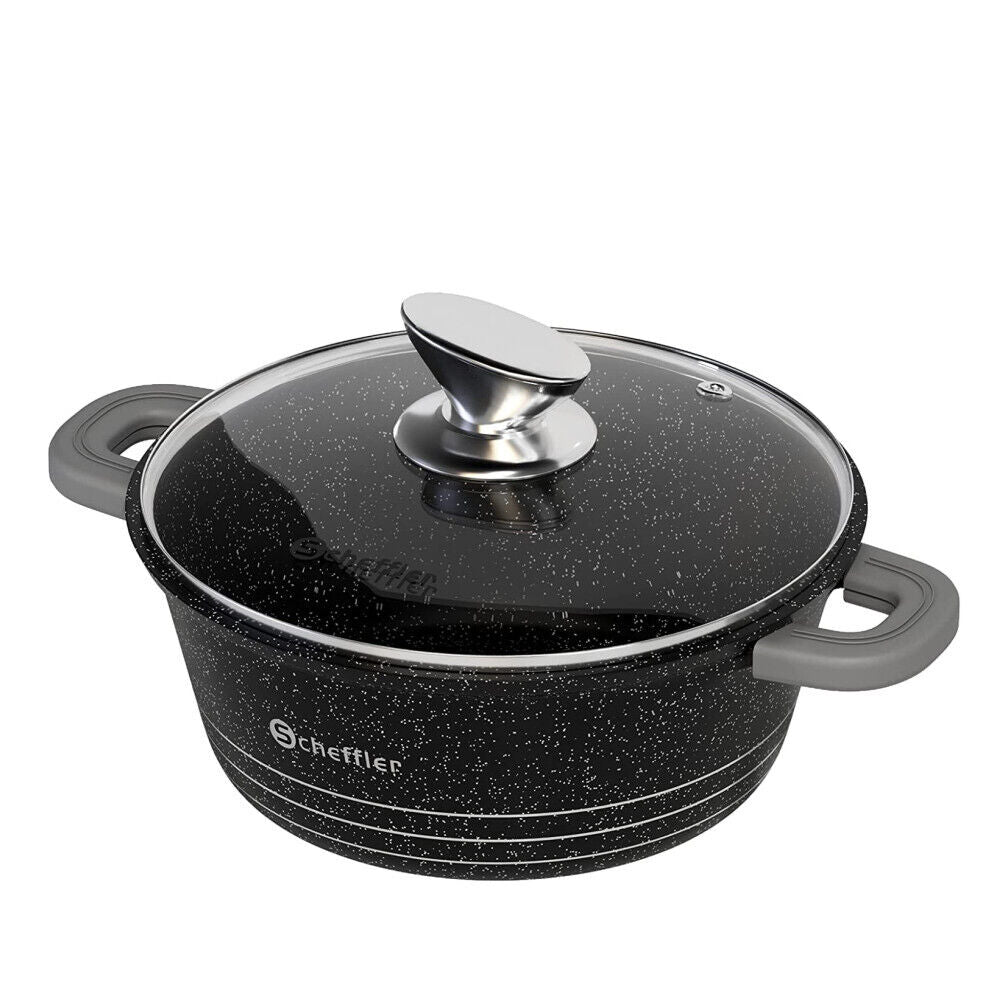Is it true that German food is generally the worst in Europe?
To understand the prejudice that German food is the worst in Europe, we must first look at the reasons why this opinion exists. Often, German food is associated with cliches such as fatty meat, heavy sauces and a large amount of potatoes and sauerkraut. Dishes such as pork knuckle, bratwurst or pork knuckle may be traditional, but they are far from representing the full range of German cuisine.
Another reason for this prejudice could be the relatively low awareness of German cuisine in international comparison. While Italian, French or Spanish cuisine is popular worldwide, German food often does not have the same global influence. This could be partly because German cuisine is perceived as "down-to-earth" and less "exquisite" or "refined".
The diversity of German cuisine
To understand why the statement that German food is the worst in Europe is too simplistic, we need to take a closer look at the diversity of German cuisine. Germany is made up of 16 federal states, and each has its own culinary traditions and specialties.
Regional cuisine in Germany
North German cuisine
In the northern regions of Germany, such as Schleswig-Holstein and Lower Saxony, the cuisine is strongly influenced by fish dishes. Classics such as “Matjesfilet” (pickled herring) and “Labskaus” (a type of stew with cured meat and potatoes) show the proximity to the sea and the fishing traditions.
Southern German cuisine
In Bavaria and Baden-Württemberg, on the other hand, dishes such as pork knuckle, white sausage and Maultaschen (a type of filled dumpling that is particularly popular in the Swabian region) dominate. Swabian cuisine is also very diverse and ranges from cheese spaetzle to various types of dumplings.
East German cuisine
The cuisine in eastern Germany is strongly influenced by history and influences from Eastern Europe. Here you can find dishes such as “Soljanka” (a Russian soup), “Sauerbraten” and “Königsberger Klopse” (a type of meatball in caper sauce).
West German cuisine
In western Germany, especially in the Rhineland and Saarland, dishes such as “Rheinischer Sauerbraten”, “Flammkuchen” and “Dibbelabbes” (a potato dish from Saarland) are common.
Quality and freshness of ingredients
Another important aspect of German cuisine is the quality and freshness of the ingredients. Germany has a strong agricultural tradition, and many dishes are based on seasonal and regional products. The trend towards sustainability and organic farming has also increased in recent years, which has further improved the quality of German cuisine. Whether it's fresh asparagus in spring, juicy strawberries in summer, or mushrooms and game in autumn - German cuisine offers dishes for every season that emphasize the freshness and flavor of the ingredients.
The modernization of German cuisine
German cuisine has changed and developed significantly in recent decades. Globalization has left its mark, especially in the big cities like Berlin, Hamburg, Munich and Frankfurt. Here you will find a variety of international restaurants offering everything from Italian to Vietnamese to Turkish cuisine.
This internationality has also influenced traditional German cuisine. Many restaurants now offer modern interpretations of classic dishes, often using international ingredients and techniques. This results in a culinary diversity that strongly challenges the blanket verdict that “German food is the worst in Europe.”

Conclusion
When we compare German cuisine with other European cuisines, we find that each cuisine has its own characteristics and flavor profiles. While French cuisine is often described as "sophisticated" and "elegant," Italian as "simple and flavorful," and Spanish as "vibrant and versatile," German cuisine has its own charm, characterized by down-to-earthness and regionality.
It is important to stress that tastes are subjective and that what one person considers "bad" may be "delicious" to another. Many people appreciate the hearty and filling dishes of German cuisine, which often impress with strong flavors and sumptuous preparation.
Questions & Answers
- Why is German food often described as the worst in Europe?
- This prejudice is often based on clichés such as fatty meat and heavy sauces. The fact that it is less well-known internationally than cuisines such as Italian or French may also play a role.
- How diverse is German cuisine?
- German cuisine is very diverse and ranges from regional specialties such as fish dishes in the north to hearty meat dishes in the south. Each federal state has its own culinary traditions.
- How has German cuisine changed in recent years?
- German cuisine has changed due to the influence of globalization and international cuisine. Modern interpretations of traditional dishes and the use of international ingredients are now widespread.
- How important are seasonal and regional ingredients for German cuisine?
- Seasonal and regional ingredients are very important for German cuisine. Many dishes are based on fresh, regional products, which improves the quality and taste of the food.



